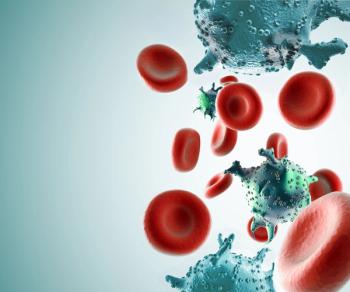
At the 18-month follow-up, the CAR T-cell therapy led to early, deep, and durable responses with a manageable safety profile in patients with relapsed/refractory multiple myeloma.

At the 18-month follow-up, the CAR T-cell therapy led to early, deep, and durable responses with a manageable safety profile in patients with relapsed/refractory multiple myeloma.
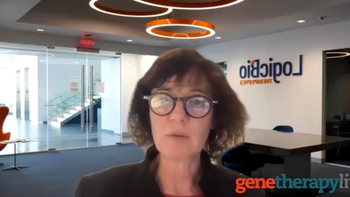
LogicBio's Mariana Nacht, PhD, shares details of the company's novel capsid discovery platform and gene editing technology.

The news comes after CRISPR’s favorable data readouts in its sickle cell and beta thalassemia studies.
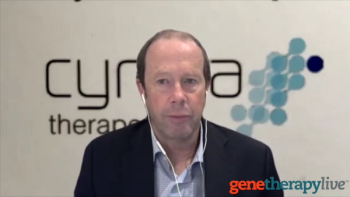
Cynata Therapeutics' Ross Macdonald, PhD, discusses the company's pipeline and clinical-phase trials.
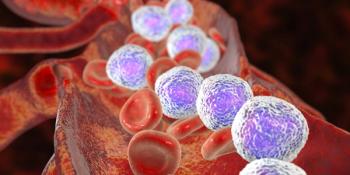
Results of the phase 1 portion of ZUMA-4 support continued investigation into the efficacy of KTE-X19 in pediatric patients with B-cell acute lymphoblastic leukemia.

The director of the Mario Lemieux Center for Blood Cancers at UPMC Hillman Cancer Center discussed findings from the CARTITUDE studies.

Investigators find approach improved vision and visual fields in some patients.
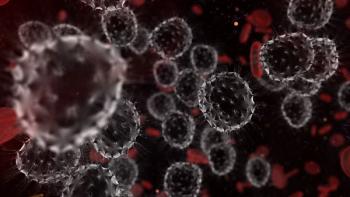
Henry Chi Hang Fung, MD, from the Fox Chase Cancer Center, discusses axi-cel's potential in relapsed/refractory FL.
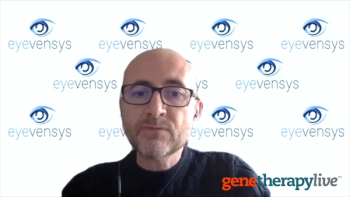
The chief scientific officer and chief medical officer at Eyevensys discuss the biotech company's pipeline and approach to gene therapy.

Detailed data from the phase 3 trial, including safety findings, which were in line with previous studies, will be presented at a future scientific meeting.

The allogeneic, cellularized scaffold product helps support autologous skin tissue regeneration in patients with thermal burns requiring surgical intervention.
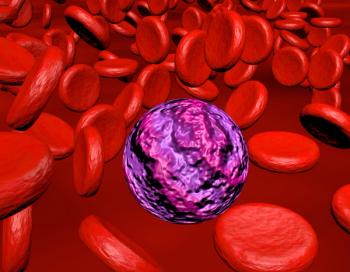
Real-world data regarding the use of tisagenlecleucel and axicabtagene ciloleucel CAR T-cell therapy are reported at 2021 EHA.
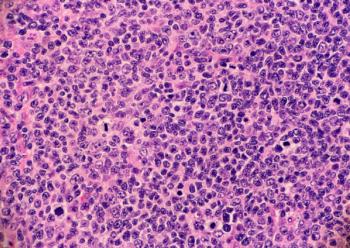
A panel of lymphoma experts discussed 2 recently approved treatments that are providing hope to patients with relapsed or refractory follicular lymphoma.

Details enhance knowledge of biological pathways that contribute to disease pathogenesis.

The chief medical officer of Eyevensys discussed the company’s work in developing sustained drug delivery systems.

The FDA has paused the clearance of new ofranergene obadenovec batches while it reviews chemistry, manufacturing, and controls at various source locations.

A comparative analysis of the ZUMA-5 and SCHOLAR-5 trials revealed improvements in outcomes over currently available therapies.

Previous research has suggested the efficacy of chimeric antigen receptor natural killer (CAR-NK) cells in hematological malignancies, and more recently, preclinical findings have raised the question of whether the type of treatment could be a viable, potentially more attractive option for solid tumors.

Bayer provided an update on trials currently underway for the treatment of PD by its subsidiaries.

New studies into chimeric antigen receptor (CAR)–engineered natural killer (NK) cells has shown promising results, explained Ulrike Köhl, PhD, MD, professor of immune oncology and director of the Institute for Clinical Immunology at the University of Leipzig in Germany.

Neurologic adverse effect associated with CAR T-cell therapies like ciltacabtagene autoleucel can be managed without long-term lasting effects, as long as they are caught and treated promptly in patients with relapsed/refractory multiple myeloma.

Long-term efficacy assessment of brexucabtagene autoleucel demonstrated high rates of MRD negativity and CR rates in pediatric and adolescent patients with relapsed or refractory B-cell acute lymphoblastic leukemia.

Bispecific T-cell engagers and chimeric antigen receptor T-cell therapies seem destined to move into earlier lines of therapy for multiple myeloma (MM), speakers at the European Hematology Association 2021 Virtual Congress said.

Treatment with the CAR T-cell therapy ciltacabtagene autoleucel significantly improved outcomes for patients with relapsed or refractory multiple myeloma when compared with conventional therapies.
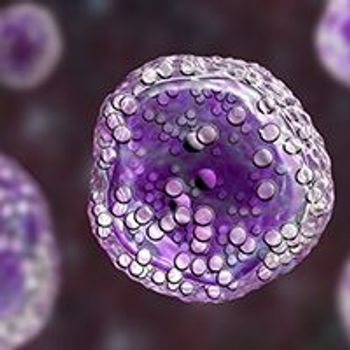
Axicabtagene ciloleucel and tisagenlecleucel have been used mostly to treat patients with diffuse large B-cell lymphoma in the outpatient setting.

Intensified induction therapy with daratumumab in addition to cyclophosphamide, bortezomib, lenalidomide, and dexamethasone and bortezomib-augmented autologous stem cell transplant yielded robust responses in patients with ultra¬ high–risk multiple myeloma or primary plasma cell leukemia

Treatment with the allogeneic CAR T-cell product ALLO-501A elicited encouraging signals of clinical activity when used with ALLO-647 lymphodepletion in patients with relapsed/refractory large B-cell lymphoma who did not previously receive autologous CAR T-cell therapy.

The incidence of grade ≥2 cytokine release syndrome was lower in patients with relapsed or refractory multiple myeloma who received anakinra prophylaxis with orvacabtagene autoleucel, a B-cell maturation antigen-targeted CAR T-cell therapy.

Cytovia is exploring several NK cell-based therapies, an emerging class of cell therapies with high potential for fewer side effects and greater anti-tumor activity.

RGX-314 may be a promising therapeutic option for exudative AMD.